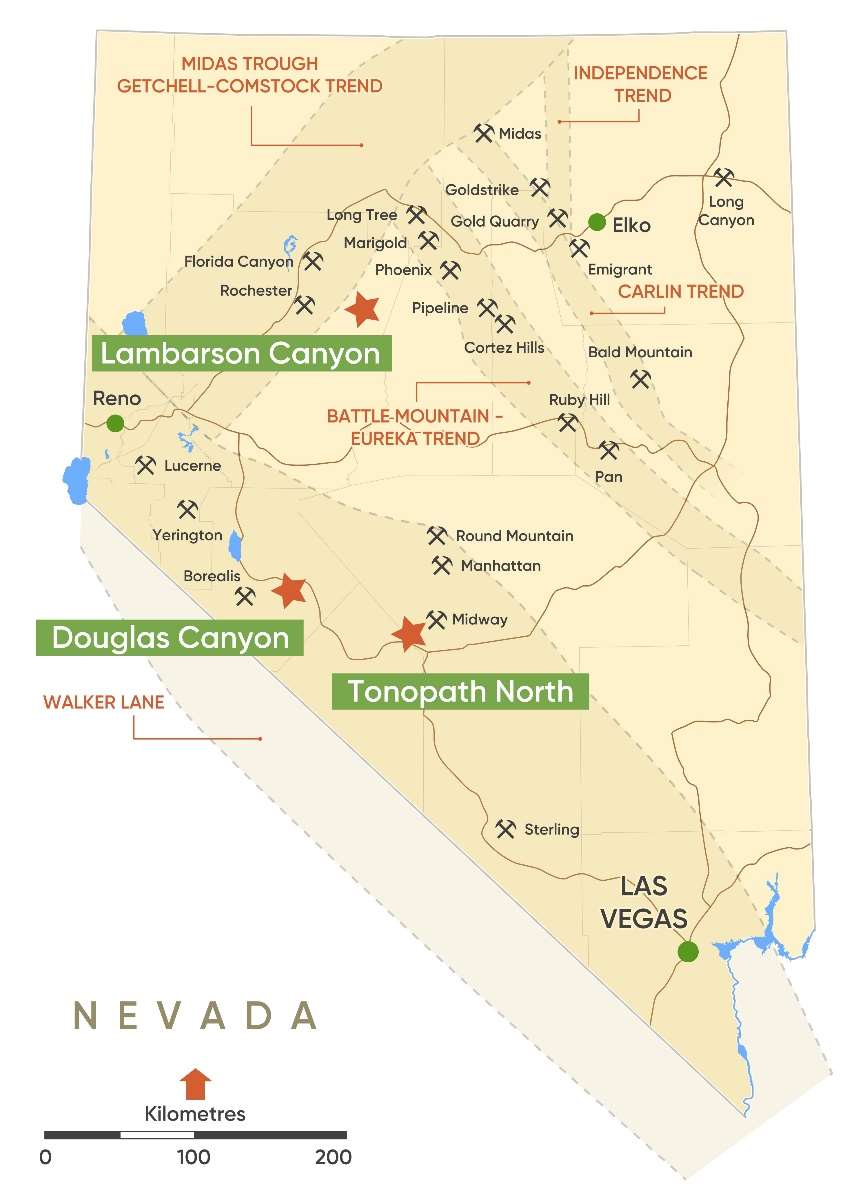False claims will come out in the wash, the ATO says this tax time

FALSE claims for clothing and laundry work-related expenses will be in the Australian Taxation Office's (ATO) sights this year. Last year some six million people claimed work-related clothing and laundry expenses, totalling nearly $1.5 billion. "You can't claim a uniform if you don't physically have one or they're not physically worn," Dubbo accountant Alan Richardson said. READ ALSO: Emergency services personnel back the app that'll save lives "If you wear the same clothes every day and wear them around the place, then you can't claim them full stop. "You also can't claim laundry for that." Mr Richardson said under some circumstances protective clothing could be claimed. "If you buy protective clothing that's necessary for your job then you can claim it," he said. ATO assistant commissioner Karen Foat said while many taxpayers could make these claims, it was unlikely half of all taxpayers were required to wear uniforms, protective clothing or occupation-specific clothing to earn their income. "You must have spent the money you are claiming on buying or cleaning eligible clothes," she said. READ ALSO: Unions say Essential has agreed to press pause on job cuts "While you don't need receipts for claims up to $150, we can ask how you calculated your claim. We may even ask your employer if you have a required uniform. "Last year a quarter of all clothing and laundry claims were exactly at the record-keeping limit. But don't think that we won't scrutinise a claim because we don't require receipts." Also of concern to the ATO is the number of people claiming deductions for conventional clothing. Some retail workers claimed normal clothes because their boss told them to wear a certain colour, or items from the latest fashion clothing line. Others thought they could claim normal clothes because they only wore them to work. "Your workplace may expect you to wear clothing items like suits or black pants," Ms Foat said. "But an official 'dress code' doesn't qualify as a uniform and you can't make a claim for normal clothing, even if your employer requires you to wear it, or you only wear it to work." Ms Foat said the ATO's sophisticated data analytics were able to identify unusual claims by comparing taxpayer claims to others in similar occupations. "Our data analytics will flag claims that are significantly above the average in occupations that regularly claim for laundry, like chefs or security guards," she said. "It will also flag claims made by people in occupations that usually don't claim, like office workers. "We don't ignore incorrect claims just because they are small, because small amounts add up." Find more information about work-related expenses at ato.gov.au/deductions. Are you claiming $150 or less for clothing and laundry (and less than $300 for work-related expenses in total)? Make sure your claim is for eligible clothing (occupation-specific, protective or uniform). Remember, you cannot claim for plain or conventional clothing, even if your employer requires you to wear it and even if you only wear it to work. Calculate your claim for washing, drying and ironing at: You may be asked to demonstrate how often you wore your eligible clothing (for example, evidence you worked three shifts a week for 48 weeks in a year). IT MIGHT not mean life-changing resolutions or fireworks at midnight, but Monday brings a new financial year and, along with it, a raft of new laws and tax cuts If you play paintball, are keen to adopt a pet or buy a house, have an inactive superannuation fund or breed sheep, things could be changing for you. For those who love a game of paintball, listen up: There are new paintball regulations in NSW that come into effect on Monday. READ ALSO: Mt Victoria Pass named as one of Australia's top engineering feats Children as young as 12 can now play paintball – previously they had to wait until they were 16. The Australasian Paintball Association has campaigned for years for the minimum age to be reduced. Anyone keen to sell or give away a cat or a dog across NSW will be impacted by new laws from July 1. From that date, anyone advertising kittens, cats, puppies or dogs for sale or to give away will need to include an identification number in the advertisement. READ ALSO: In the courts – Woman woke to find an intruder holding her hand People can use the microchip, breeder identification or re-homing organisation number to comply. This new law is for all forms of advertising, including: in newspapers, on posters or community notice boards, websites such as the Trading Post or Gumtree and social media, the Pet Industry Association Australia said. For anyone looking to purchase a house, from Monday big changes to stamp duty will be introduced. NSW will become the first state to index stamp duty brackets to the consumer price index. This means stamp duty will not be affected by property price inflation. READ ALSO: Keep up-to-date with local news in your town NSW Treasurer Dominic Perrottet said this stamp duty change would help make it "easier for people to realise the dream of owning a home". Also from July 1, new laws mean that if you hold insurance through your superannuation fund, and if you have not made a contribution for the last 16 months, your insurance could be cancelled. This means if you or your employer have not contributed since February 2018, you may be in trouble. Find out more on the superannuation changes by visiting www.my.gov.au. And for graziers across the state, July 1 signals a new definition of a lamb in NSW. From that date a lamb is aged under 12 months with no permanent incisor teeth. Previously you could have bought a lamb on Friday and it would have lost two-thirds of its value if it lost a milk tooth over the weekend. COMMON issues when lodging small business tax returns have come under the spotlight of the Australian Taxation Office (ATO) this year. Assistant commissioner Peter Holt said small business owners have a lot on their plate with the day-to-day running of their business and the ATO are keen to help them "get it right" at tax time. The top three issues the ATO have identified with these tax returns are: Failing to report all of their income; not having the necessary records to prove small business expenses claims; and claiming private expenses as business expense. "For example, you're a sole trader landscape gardener who usually works in Perth but took on a job in Broome. While you're up in Broome, you do some sightseeing. That's a private expense and you can't claim the cost of that in your tax return," Mr Holt said. He said there were three golden rules to remember about claiming deductions. "One, the expense must have been for your business not yourself. Two if you use something for business and private purposes, you can only claim the portion that is related to your business, and three, you need a record to prove it," Mr Holt said. READ ALSO: Keep up-to-date with all your local sport action The instant asset write-off has been increased and extended with small businesses entitled to a range of tax concessions at tax time. The instant asset write-off allows eligible small businesses to claim an immediate deduction for the business portion of assets that cost under a certain threshold. Visit ato.gov.au/concessionsataglance to find out more. Why not subscribe.
FALSE claims for clothing and laundry work-related expenses will be in the Australian Taxation Office's (ATO) sights this year.
Last year some six million people claimed work-related clothing and laundry expenses, totalling nearly $1.5 billion.
"You can't claim a uniform if you don't physically have one or they're not physically worn," Dubbo accountant Alan Richardson said.
"If you wear the same clothes every day and wear them around the place, then you can't claim them full stop.
"You also can't claim laundry for that."
Mr Richardson said under some circumstances protective clothing could be claimed.
If you wear the same clothes every day and wear them around the place, then you can't claim them full stop.
Dubbo accountant Alan Richardson
"If you buy protective clothing that's necessary for your job then you can claim it," he said.
ATO assistant commissioner Karen Foat said while many taxpayers could make these claims, it was unlikely half of all taxpayers were required to wear uniforms, protective clothing or occupation-specific clothing to earn their income.
"You must have spent the money you are claiming on buying or cleaning eligible clothes," she said.
"While you don't need receipts for claims up to $150, we can ask how you calculated your claim. We may even ask your employer if you have a required uniform.
"Last year a quarter of all clothing and laundry claims were exactly at the record-keeping limit. But don't think that we won't scrutinise a claim because we don't require receipts."
Also of concern to the ATO is the number of people claiming deductions for conventional clothing.
While you don't need receipts for claims up to $150, we can ask how you calculated your claim. We may even ask your employer if you have a required uniform.
ATO Assistant Commissioner Karen Foat
Some retail workers claimed normal clothes because their boss told them to wear a certain colour, or items from the latest fashion clothing line.
Others thought they could claim normal clothes because they only wore them to work.
"Your workplace may expect you to wear clothing items like suits or black pants," Ms Foat said.
"But an official 'dress code' doesn't qualify as a uniform and you can't make a claim for normal clothing, even if your employer requires you to wear it, or you only wear it to work."
Ms Foat said the ATO's sophisticated data analytics were able to identify unusual claims by comparing taxpayer claims to others in similar occupations.
"Our data analytics will flag claims that are significantly above the average in occupations that regularly claim for laundry, like chefs or security guards," she said.
"It will also flag claims made by people in occupations that usually don't claim, like office workers.
"We don't ignore incorrect claims just because they are small, because small amounts add up."
Find more information about work-related expenses at ato.gov.au/deductions.
How to calculate a laundry claim

CLAIMS: How to calculate your laundry claim. Photo: SHUTTERSTOCK
Are you claiming $150 or less for clothing and laundry (and less than $300 for work-related expenses in total)?
Make sure your claim is for eligible clothing (occupation-specific, protective or uniform). Remember, you cannot claim for plain or conventional clothing, even if your employer requires you to wear it and even if you only wear it to work. Calculate your claim for washing, drying and ironing at:
- $1 per load if the load is made up only of work-related clothing
- 50 cents per load if you include other laundry items
You may be asked to demonstrate how often you wore your eligible clothing (for example, evidence you worked three shifts a week for 48 weeks in a year).
Changes that commence on July 1, 2019

REAL ESTATE: Changes on stamp duty started on July 1, 2019. Photo: FILE
IT MIGHT not mean life-changing resolutiRead More – Source
[contf]
[contfnew]

Nyngan Observer
[contfnewc]
[contfnewc]




